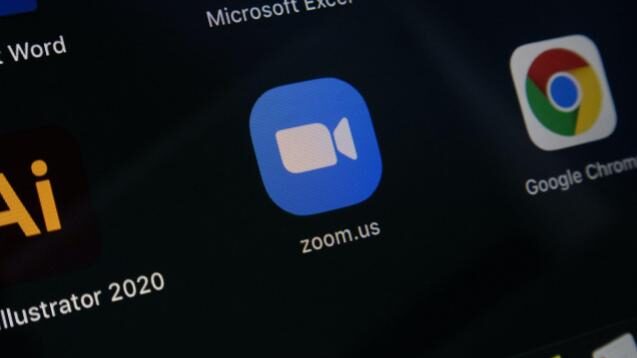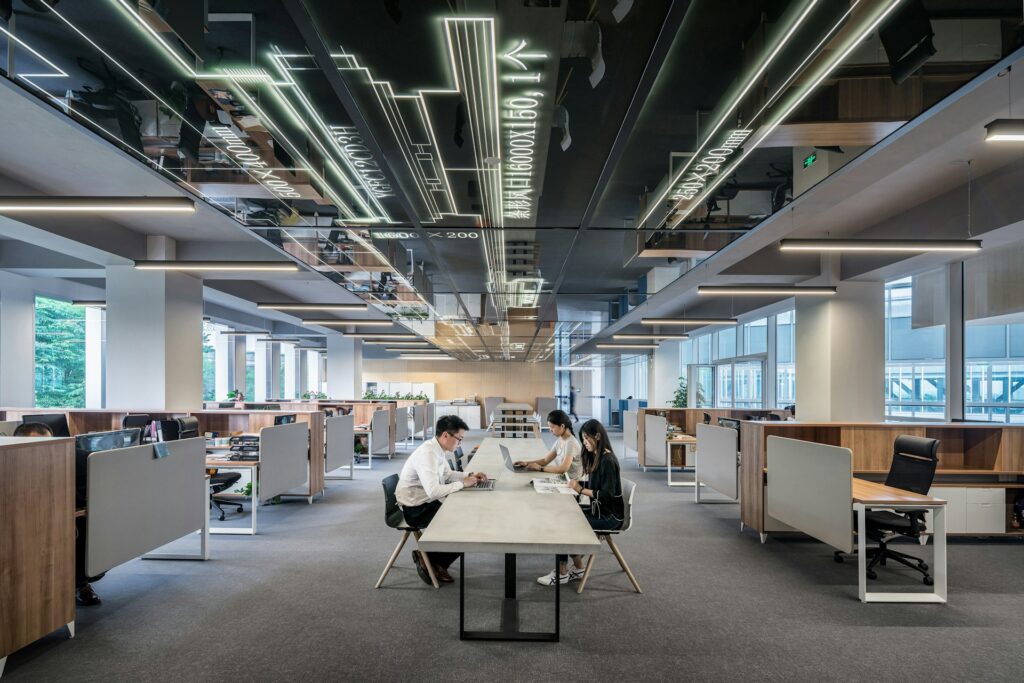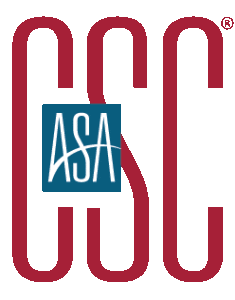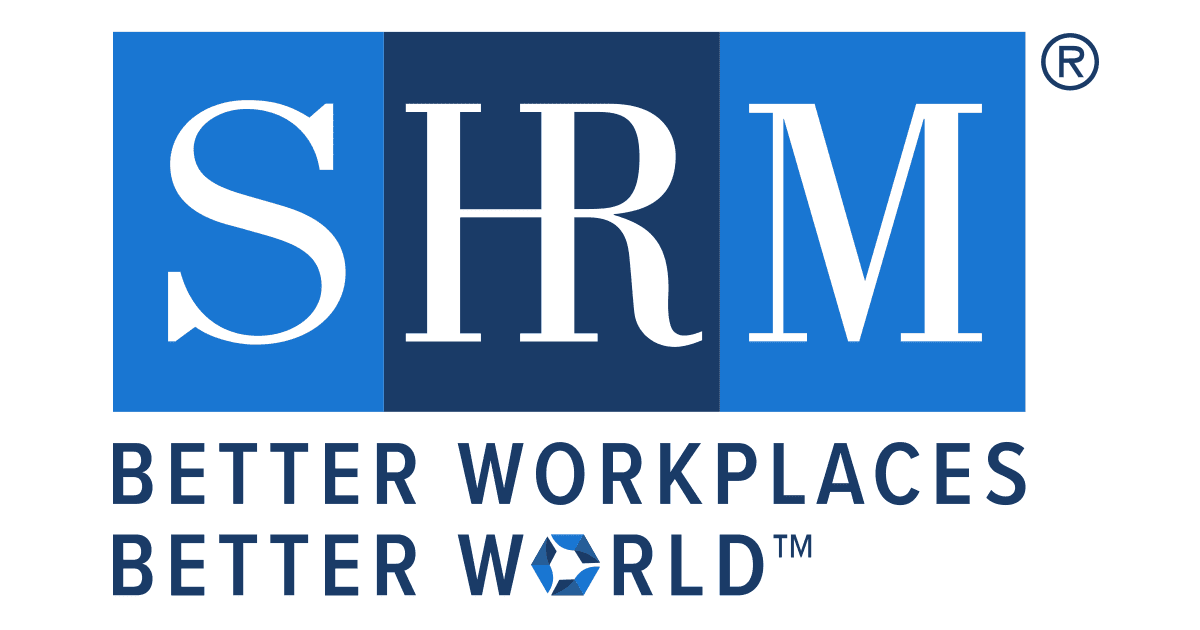If you are actively interviewing for jobs, part of the process is being prepared for remote interviews as well as in-person interviews. With online interviews being commonplace since 2020, there is no longer an excuse for not knowing how various web conferencing platforms work. It is your responsibility to be able to utilize the client’s chosen app for an online interview and have it functional ahead of time. The company you’re applying to most likely has a specific one they use for all their internal and external collaboration.
There are lots of different applications for online interviews; some major ones include Zoom, Google Meet, Microsoft Teams, GoToMeeting, Cisco WebEx, and Skype. You do not need to create an account for each of these apps as you will receive an invite provided by the company holding the interview.

Whitman Associates will assist any of our candidates with a trial run of the client’s application platform so that you may prepare the collaboration tools in advance. We want our candidates to focus on the interview when the time comes and not be frustrated by the tools. There are a myriad of video chat interview tips that exist online on preparing for phone and remote interviews, but here are some key points:
Choose the right environment for your remote interview
Your background on an online interview is important. Bright lights from windows behind you can cause video of your face to be dark. You certainly don’t want the background to showcase clutter, or personal spaces such as your bed or bathroom. It is best to sit in front of a blank wall or wall with minimal graphic distractions. You don’t need a fancy ring light, but you may need to turn on a light somewhere else in the room to insure your face is well lit.
The audio is critically important. Many people will tolerate bad video to a certain extent, but clipping audio and background noises make it impossible for you to convey important responses. You need to make sure the environment is free from background noises (mowers, air conditioners, bathroom showers, construction, etc.). Find a quiet room where the background noise is minimal. Having background noises will distract from your responses does not make a good impression.
Pick the best device for an online interview

The device you use for your online interview is very important. It is best to use a device with all the tools integrated such as a laptop, tablet, or phone. If you are using a desktop, you need to make sure all the external components work well together and within the application you are going to be using. A critical video chat interview tip to keep in mind is that your device may need to download a plugin or grant permissions to the application in order to interact with the microphone, video, and speakers.
The integrated microphone of a laptop, tablet, or phone may be sufficient; however, it is best to use a Bluetooth or wired headset. This will allow your voice to be clear, enable your hands to be free, and allow the camera to be placed at a distance from your face.
It is important to set the phone, tablet, or laptop down on a fixed surface such that it is not moving. It is incredibly distracting during remote interviews for the camera to be wobbling and not stationary while you’re trying to explain how you can contribute to the success of the organization.
If you need reference material (your resume, notes, or the company’s website), make sure this material is positioned directly above or below the camera. The client is interested in making eye contact and trying to get to know you as much as they can via video interview.
When taking notes, place your notepad directly below the camera so that the client can see that you are writing information down. It’s best to avoid typing your notes during your interview as the keyboard noise can be distracting and may lead the interviewer to think you’re doing something other than listening to their pitch – they are trying to convey how great their company is.
Be prepared!
There are many guides available describing how to <a href="https://whitmanjobs.com/2022/04/interview-prep-and-tips/" prepare for an interview. A phone call, video chat, or remote interview is just as important as an in-person interview. In fact, it is more difficult to convey body language and capture voice inflections that might indicate your excitement for working with the company. Your goal is to make the next step or interview happen and to get that job offer.

























